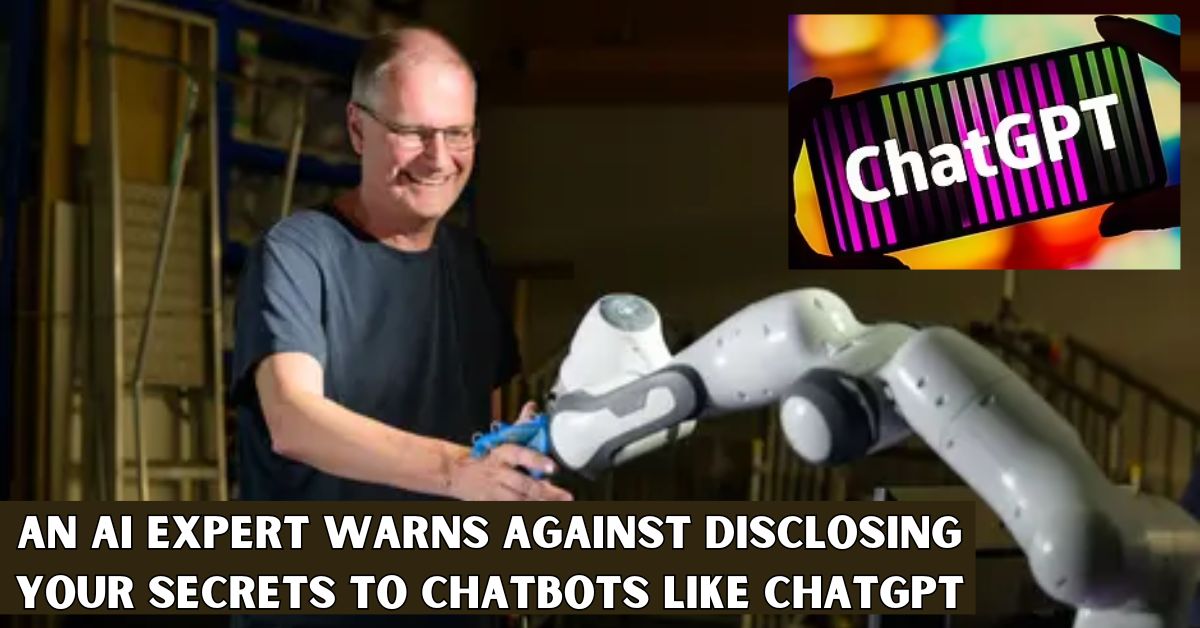Someone with expertise in artificial intelligence has warned that users’ political leanings or workplace complaints shared on ChatGPT could have unintended consequences.
According to Mike Wooldridge, an AI professor at Oxford University, it would be “extremely unwise” to share personal information or have a heart-to-heart with a chatbot because any information disclosed helps train future versions.
Users should also not expect a balanced response to their comments as the technology “tells you what you want to hear”, he adds. During this year’s Royal Institution Christmas talks, Wooldridge is delving into the topic of AI.
His upcoming work will focus on the “great questions facing AI research and unravel the myths about how this ground-breaking technology really works,” as announced by the organization.
He will talk about a lot of different things, including how chatbots function and how machines can be trained to interpret languages. Furthermore, he will discuss the ever-present concern of whether AI will ever be able to mimic human behavior.

“That’s absolutely not what the technology is doing and crucially, it’s never experienced anything,” he added. “The technology is basically designed to try to tell you what you want to hear – that’s literally all it’s doing.”
“That’s completely unrelated to the technology’s operation and, most importantly, it has never encountered any problems,” he emphasized. “The technology’s sole purpose is to attempt to provide you with the information that you find appealing. That’s essentially its design.”
“You should assume that anything you type into ChatGPT is just going to be fed directly into future versions of ChatGPT,” he gave as a frightening perspective. Furthermore, there isn’t exactly a way to retract your statements from ChatGPT if you later realize you’ve disclosed too much.
Wooldridge claims that after data has been input into an AI model, retrieval is practically difficult due to the nature of the models themselves. Throughout the course of the lecture series, Wooldridge will have the company of prominent AI experts.
Additionally, he will be introducing “a range of robot friends, who will demonstrate what robots today can do – and what they can’t,” according to the Royal Institution. Michael Faraday began the Christmas lectures in 1825 at London’s Royal Institution with the goal of attracting and teaching science to children and teenagers.
Since their 1936 debut, they have held the distinction of being the longest running science television series. Nobel laureates William and Lawrence Bragg, Sir David Attenborough, Carl Sagan, and Dame Nancy Rothwell are among the lecturers who have delivered these talks.
For response, we reached out to OpenAI, the company behind ChatGPT. The lectures are scheduled to air on December 26, 27, and 28 at 8pm on BBC Four and iPlayer.
You may be interested in our other articles about technology if you enjoyed this one:



